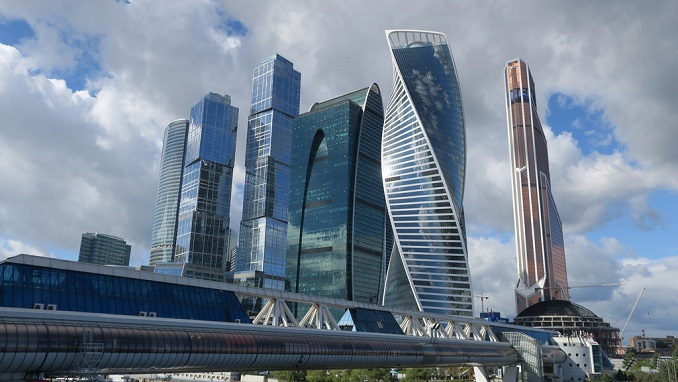The sharp drop in oil prices and the following fall of the ruble to a four-year low pose no immediate risks to the Russian budget, but they may hurt already weak investment activity and thwart President Vladimir Putin’s plans to raise living standards in the country, analysts told Reuters.
Since Friday, when a deal on cutting global oil output unexpectedly fell apart, sending oil prices, the mainstay of Russia’s economy, into a tailspin, Russian assets have taken a hammering both in Moscow and London, their key markets.
The authorities must also contend with coronavirus, which has dampened global investors’ appetite for emerging markets such as Russia. The country has so far reported 20 confirmed cases of the disease but no deaths.
Sluggish economic growth and falling incomes were a concern in Russia even before Friday. Putin in January reshuffled the government, betting that increased state spending would help.
But Moscow’s hopes of economic growth recovering to 2% this year, from 1.3% in 2019, now look overly optimistic.
Vladimir Tikhomirov, chief economist with brokerage BCS, estimates that the Russian economy may even shrink by -0.5% this year and annual inflation could rise to 4.3% by the year-end.
“Consequently, fiscal priorities will change from pro-growth to anti-crisis,” Tikhomirov said in a note.
Every sharp rouble drop is painful for households as the weaker currency dents living standards, making imports more costly and raising the overall price level for goods and services.
Alfa Bank, Russia’s top private bank, has lowered its real disposable income growth forecast to 1.0-1.5% for this year from 2%, Natalia Orlova, its chief economist, said in a note.
Real disposable incomes, something Putin sees as a priority, grew only marginally in the past two years after falling since 2014.
“There will be no catastrophe, but additional risks are rising,” said Oleg Vyugin, a veteran government and central bank official who now heads the Moscow Exchange‘s supervisory board.
The ruble’s drop will fuel inflation, which is “undesirable from a political point of view,” while stopping lending rates from declining, “which is bad for banks,” Vyugin said.











